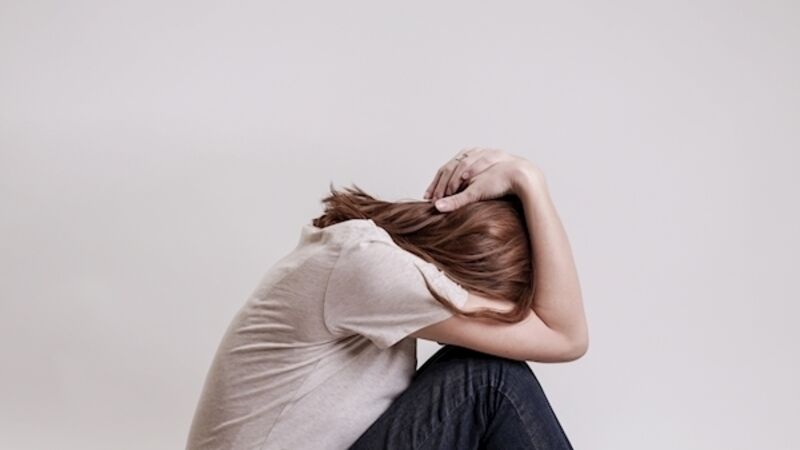Covid-19 measures leading to increased loneliness in Ireland

Social distancing measures and quarantine due to Covid-19 have led to feelings of loneliness, depression, anxiety, and post-traumatic stress amongst the Irish public, a new study suggests.
More than four in 10 people reported feeling lonely (41%), more than one in five are experiencing clinically defined levels of depression (23%), and one in five (20%) are experiencing anxiety and post-traumatic stress problems.













